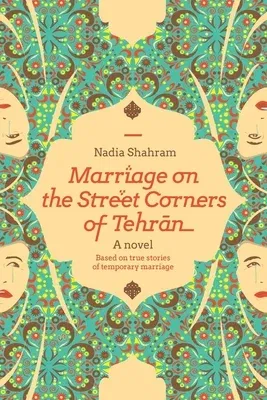At age twelve, Ateesh is forced into an arranged marriage with an
abusive man. When she objects, she is told that she needs a man's name
on her, to protect her. While in one era that would have been the end of
her story, here it is just the beginning for a young woman determined to
make her own decisions. She engages the help of other strong women who,
despite worries about family honor, eventually help Ateesh obtain a
divorce and enter the path to a new life that leads to university.
Learning there about modern relationships, independence and control
become even more important to her. Rather than submit to the oppressive
control of another man, she decides to use men to gain independence
from them.
This decision leads her to enter into multiple temporary marriages, a
form of prostitution sanctioned by society and religion through a skewed
interpretation of the Koran and Islamic law. We follow Ateesh in the
coming years as her world becomes increasingly complicated and
divided--one life behind closed doors as a siqeh and another as a
university student and researcher working for women's equality.
Based on interviews conducted by the author, Ateesh's story represents
the compelling accounts of legal and cultural injustices that prevail in
modern Iran.
Born in Tehran, attorney and professor Nadia Shahram planned to be
the Iranian Barbara Walters. Interrupted by the 1979 revolution, she
moved to the United States where she advocates for Muslim women's
rights.

